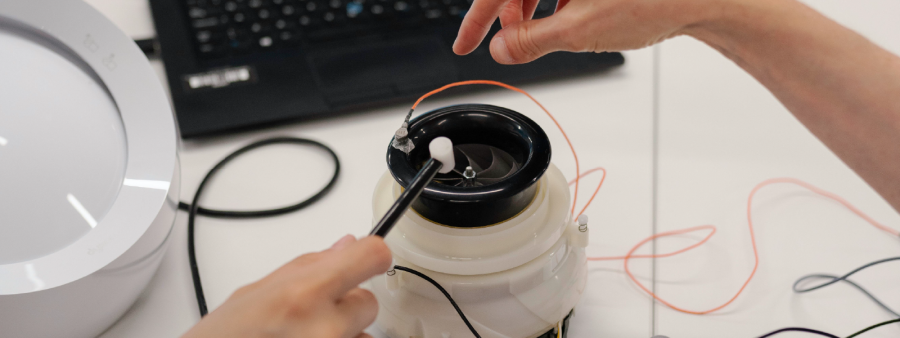Advancing sustainable innovation through education and collaboration

Ready: What are the critical issues?
The transition from a fossil-based linear economy to a circular, bio-based model is a pressing challenge. While global initiatives promote sustainability, gaps in education, research, and policy integration hinder meaningful progress. Many industries and communities struggle to adopt bioeconomy principles due to a lack of interdisciplinary training, innovation ecosystems, and practical applications. Without bridging these gaps, achieving climate-neutral, resource-efficient societies remains an uphill battle.
Steady: What are the options ahead?
To foster a successful transition, sustainable bioeconomy initiatives must prioritize cross-sector collaboration, education modernization, and policy foresight. Strengthening interdisciplinary curricula, integrating sustainable innovation methodologies, and promoting multi-actor cooperation can accelerate progress. By leveraging digital tools, research-driven foresight, and inclusive policy frameworks, institutions and industries can co-create solutions that address environmental challenges while supporting economic resilience.
Go: How can La Salle-URL contribute?
Research institutions are actively developing strategies to equip future generations with the necessary knowledge and skills to lead the green transition. Cutting-edge initiatives are focusing on:
- Modernized education – Developing interdisciplinary courses that integrate bioeconomy principles into higher education curricula.
- Capacity-building programs – Providing training for students, researchers, and industry professionals to enhance expertise in sustainable resource management.
- Policy-driven foresight – Creating actionable roadmaps and policy recommendations to guide decision-makers in implementing circular bioeconomy solutions.
- Cross-sector engagement – Establishing networks that unite academia, industry, public authorities, and civil society to drive innovation through collaborative projects.
- Technology-enabled sustainability – Developing digital tools and frameworks to support data-driven decision-making and optimize bio-based resource utilization.
By fostering global partnerships, research institutions are driving forward-thinking strategies that empower communities and industries to embrace sustainable practices. These efforts align with international sustainability goals, reinforcing the role of education and innovation in shaping a nature-positive future.
Want to learn more?
For in-depth insights into bioeconomy strategies and sustainability-driven innovation, reach out to our experts in research and higher education.